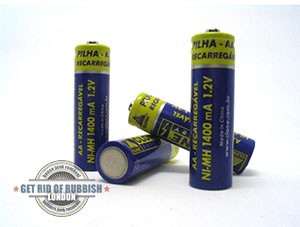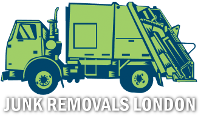1st of January, 2014 saw the UK adopt some legislative changes regarding the implementation of the WEEE Directive. The WEEE Directive is currently the UK’s domestic law/directive outlining and regulating the management of electronic and electric waste. The new changes in regulation applied to both households and businesses. The new rules introduce the so called collection target and compliance fee system. For now, the industry response to the newly introduced changes has been a positive one.
The new collection target and compliance fee system rests main responsibility on the manufacturers whose products do eventually end up as WEEE waste. The new system is much more market driven and transparent – bringing much needed clarification on certain aspects of the WEEE Directive and its domestic application.
Under the current system, all local authorities in the UK, as well as other specialised waste management operations are required to deposit all WEEE waste to designated processing centres under the producer compliance scheme, and do so free of charge. Until now, the system did hold economic viability for some authorities and companies, but not for others which was one of its inherent flaws.
Under the new system, all local authorities and specialised collectors are given the liberty to deal with WEEE waste at their own processing sites. If local authorities and specialised collectors do not have the desire or means to process certain percentage of the WEEE waste stream at their own facilities, the manufacturer will do so free of charge. New WEEE regulations make collection of e-waste by manufacturers from sites operated by local authorities, compulsory and free of charge. As per the new regulations, specialised collectors can continue removing e-waste even after meeting their targets.
At the moment, any net value from WEEE waste processing is credited to local authorities and specialised collectors as an informal arrangement. The new set of regulations will formalise the so called informal agreement, whilst preserving the interests of local authorities and processing site operators.
 The new WEEE regulations do not limit waste processing options for local authorities and their selected/preferred waste management companies. Both parties can continue fulfilling the existing contract or agreement. However, the new WEEE Directive allows for flexibility and freedom of choice when it comes to processing of e-waste in order to maintain the market value of salvageable materials in electronic waste.
The new WEEE regulations do not limit waste processing options for local authorities and their selected/preferred waste management companies. Both parties can continue fulfilling the existing contract or agreement. However, the new WEEE Directive allows for flexibility and freedom of choice when it comes to processing of e-waste in order to maintain the market value of salvageable materials in electronic waste.
The new WEEE regulations will also ensure that e-waste which has previously evaded the collection and disposal system are now entered into the stream and subjected to processing. The new rules will address the UK’s commitments toward e-waste tonnage recycling targets outlined by the main WEEE Directive.
For WEEE waste to be properly recycled it takes effort on a grass root level. All households and businesses must do their little bit. This will be ensured through using a specialised rubbish removal service for e-waste. Most of the good rubbish removal companies in the UK provide such services at very reasonable prices. Removal and disposal of WEEE waste can also be arranged through local authorities.
